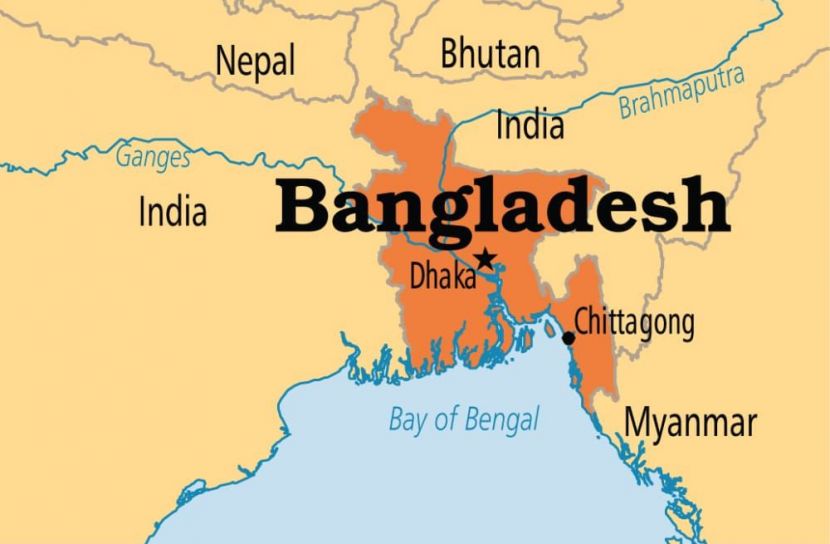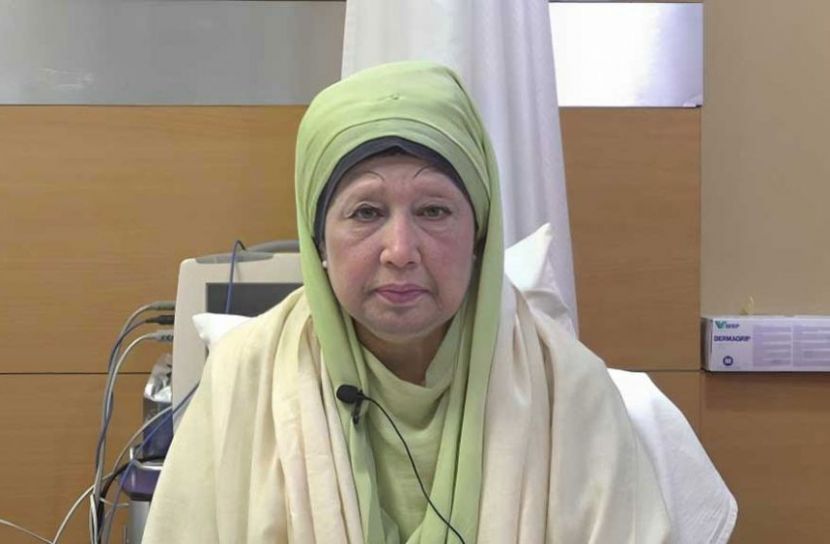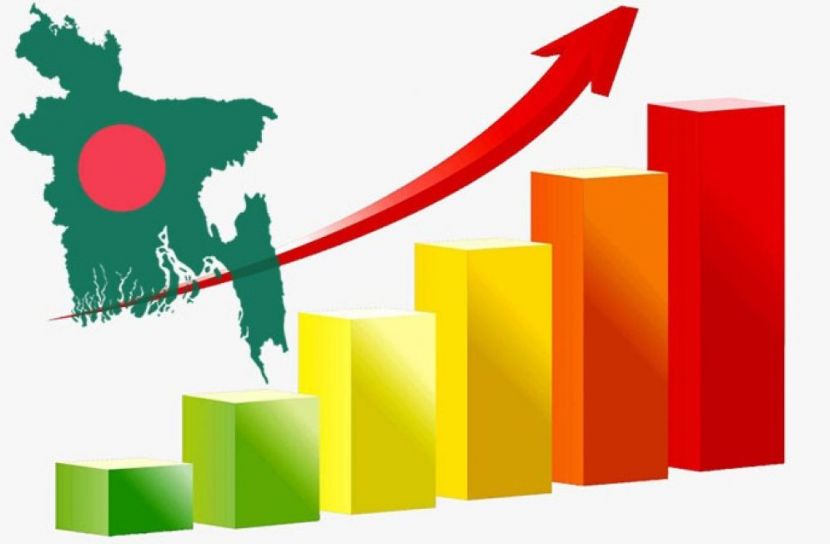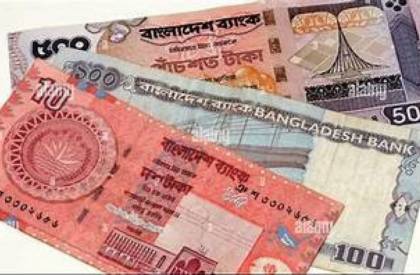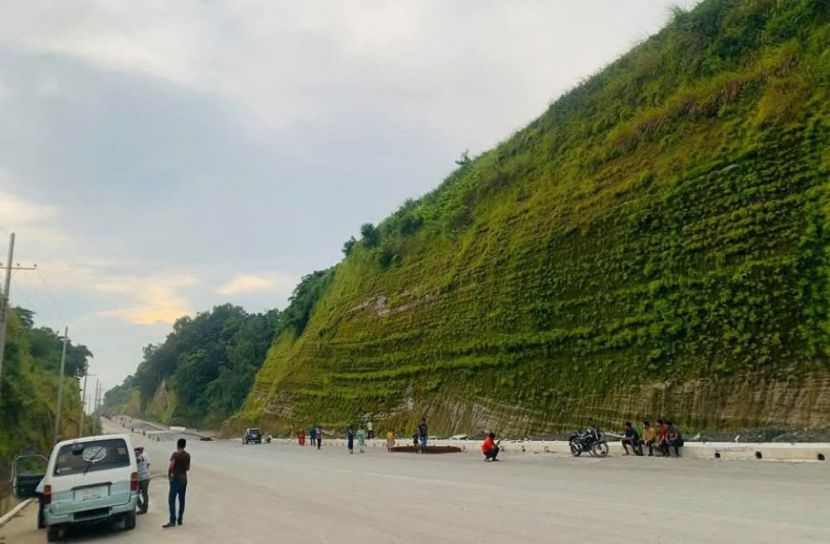Economic Reporter: Bangladesh's average per capita income reached an all-time high of $2,820 in the fiscal year 2024-25, according to provisional estimates.
The state-run Bangladesh Bureau of Statistics (BBS) released the data on Tuesday, reporting an $82 rise from FY2025’s $2,738.
The previous record was $2,793, registered in FY2022. A senior BBS official said higher inward remittance was the key driving factor behind the record income.
The estimate, based on seven months of economic data, includes projections on gross domestic product (GDP) size, growth, investment ratio, per capita income, and sector-wise production.
These are interim figures and will be finalised after a full-year review. Per capita income reflects the share of national earnings, including remittance income, divided among the total population.
It does not represent individual earnings.
Despite the increase in income, GDP growth has slowed noticeably. The BBS expects the economy to expand by 3.97 percent this fiscal year, marking the lowest growth rate in half a decade.
In FY2024, the growth rate was 4.22 percent, marking a four-year low. This year’s outlook aligns closely with earlier assessments by the World Bank and the International Monetary Fund, both of which had forecasted sub-4 percent growth for Bangladesh. GDP is calculated based on the total value of goods and services produced in a country over a year.
According to BBS estimates, Bangladesh's GDP in FY2025 stands at $462 billion, or Tk 55.53 trillion, at Tk 120.29 per US dollar. At the end of FY2024, total GDP was $450 billion, or Tk 50.27 trillion.
The start of the fiscal year was marred by political turmoil across the country amid calls for regime change.
Widespread blockades, clashes, and internet shutdowns disrupted economic activities, dragging down growth in the first quarter to just 1.96 percent. During the same period in the year before, it had been 5.87 percent.
Investment has also lost momentum. BBS reports that the investment-to-GDP ratio now stands at 29.38 percent, down from 30.70 percent a year earlier.
Following the transition to an interim government, political tension eased and the country saw greater stability. Analysts, however, believe the economic impact of the early-year unrest will continue to reflect in the overall growth rate by year-end.
pt/ra








